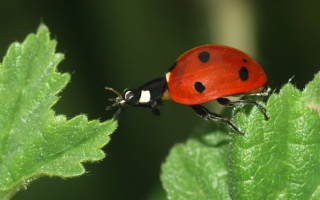Top 10 Fascinating Facts About Mosquitoes
Mosquitoes are insects that feed on human blood for survival. It grows mainly in swamps, ponds or puddles, and wet areas. Mosquitoes are animals that are too ... read more...familiar to you. One thing is for sure, everyone has been bitten, and even more specific, everyone has encountered this nasty insect in their own home. So why is it that only female mosquitoes bite and male mosquitoes do not, or why do people feel itchy when they bite you? Most of you probably haven't found the answers to these questions. Although small, mosquitoes hide a lot of interesting things. The following article will not only help you with those answers but will also give you interesting things about this insect that you never knew. Let's find out together!
-
More people have died from mosquitoes than any other species in the ecosystem. It is well known that mosquitoes annoy people. Additionally, mosquitoes are the carriers of a number of deadly diseases like the West Nile virus, malaria, dengue fever, and chikungunya, which are responsible for a significant number of fatalities globally. Heartworms, a parasite that can cause your dog's death after being bitten by a mosquito, are also present in every mosquito.
People frequently consider hazardous animals like wolves, bears, and sharks to be the main reason why people die. However, statistics show that the majority of yearly human fatalities caused by animals are caused by mosquitoes. According to the World Health Organization (WHO), in particular, mosquito-borne diseases kill over 750,000 people annually throughout the world, the majority of whom are children.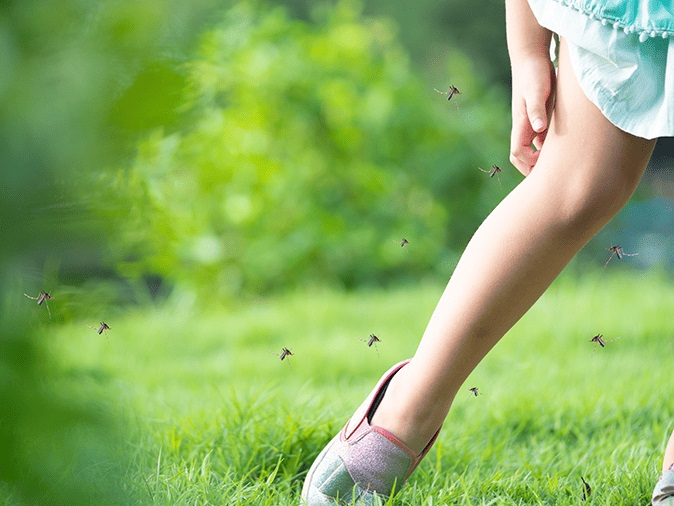
Mosquitoes are the deadliest animals on Earth 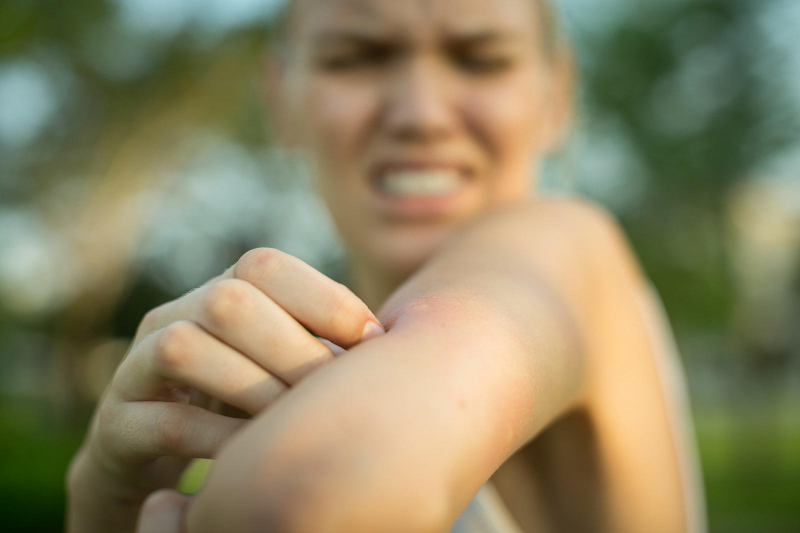
Mosquitoes are the deadliest animals on Earth -
At a distance of tens of meters, mosquitoes can recognize victims (people). They quickly move up to the subject's exposed skin and start sucking blood in a matter of seconds. In contrast, research indicates that female mosquitoes are the true bloodsuckers, while male mosquitoes frequently consume nectar, pollen, tree sap, and fruit juice. Female mosquitoes use the blood they suck to make eggs rather than eating human and animal blood to sustain their bodies. After they have completed sucking blood, they will rest for two to three days so that the body can utilize the iron from the blood to manufacture protein, amino acids, and protein-containing eggs.
It is untrue to state that all mosquitoes bite people. There are mosquito species that do not bite people but mainly feed on the blood of reptiles, birds, and other mammals. Unfortunately, there's no way to tell the difference between male and female mosquitoes as they buzz around your ears, so it's best to just kill as many mosquitoes as possible.
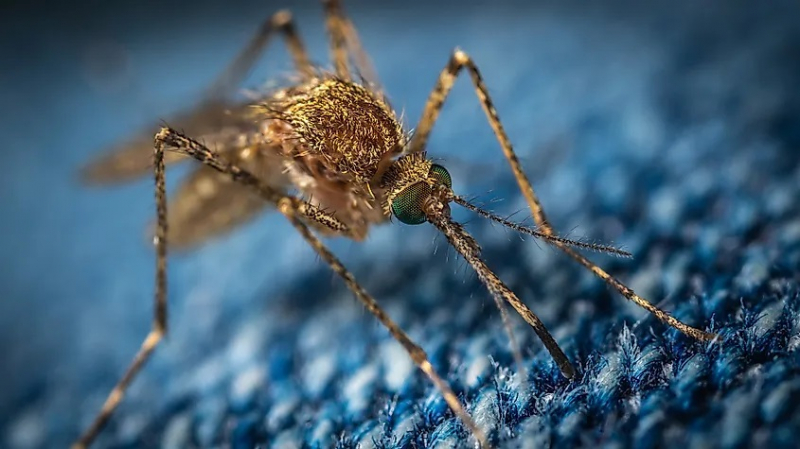
Only female mosquitoes suck blood 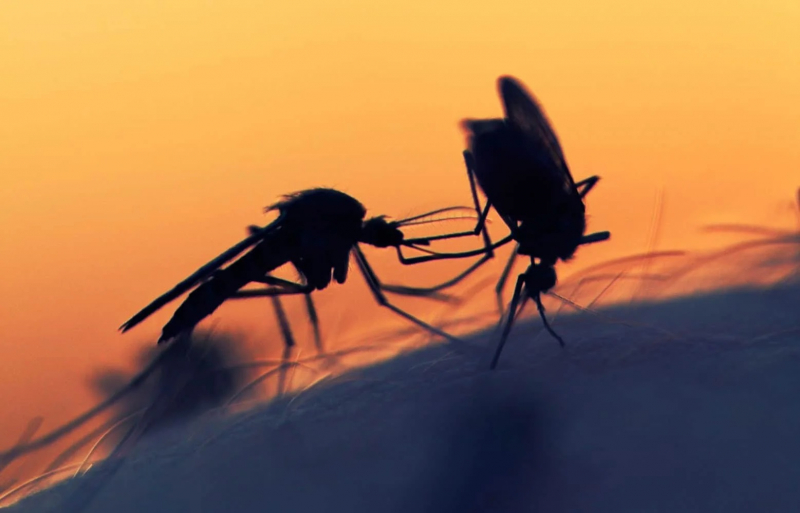
Only female mosquitoes suck blood -
Depending on the surrounding temperature, your bodies generate heat and perspire. The body will sweat a lot to keep cool while it's heated. Mosquitoes can detect your body temperature and sweat when they are nearby. Mosquitoes are drawn to sources of heat and favor hot temperatures. As a result, mosquitoes can choose from a variety of hosts. They appear to favor humans' relatively consistent warmth as opposed to some animals whose temperature changes depending on the environment.
Lactic acid, ammonia, and uric acid are present in trace levels in your sweat. Mosquitoes enjoy the taste of lactic acid and the increased amounts of carbon dioxide that you exhale while you perspire. That's why some companies sell carbon lamps to make mosquito traps. This means you should avoid walking, jogging, or exercising outdoors in the summer, in humid places, or near water. Whether you're camping or out for a long time, try to change into clean clothes and socks every day.
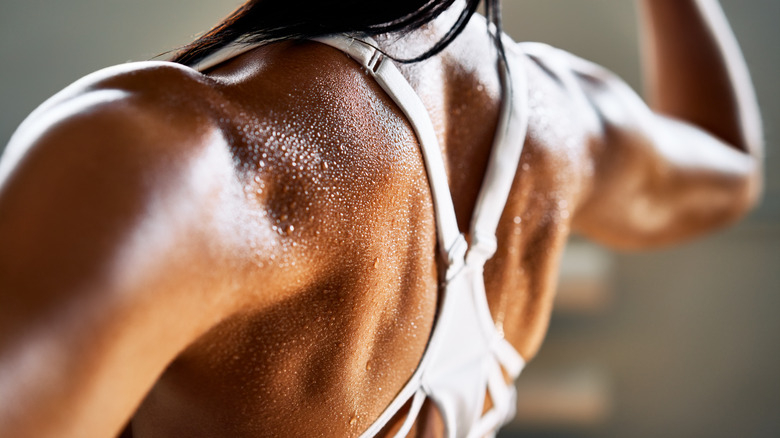
Mosquitoes are attracted to a sweaty body 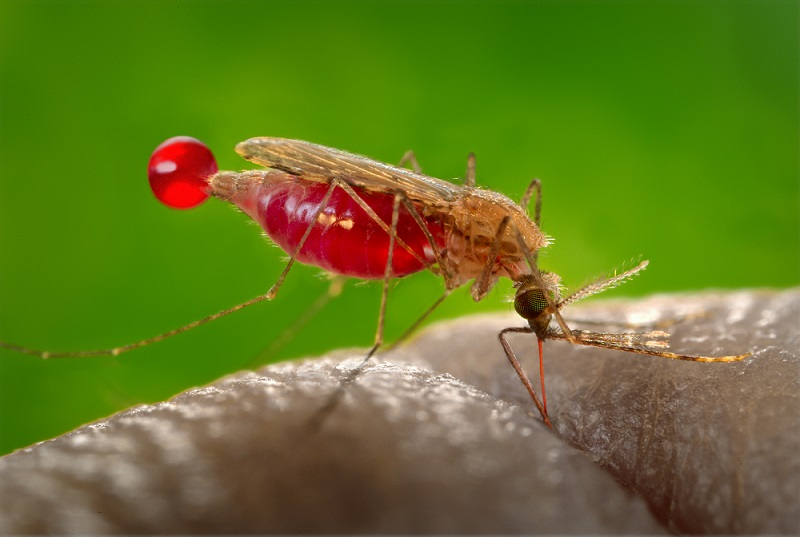
Mosquitoes are attracted to a sweaty body -
Since mosquitoes have cold blood, they depend on the outside temperature to go. They will locate a place to remain until the weather improves when it descends below 50 degrees Fahrenheit (about 10 degrees celsius). Mosquitoes easily reproduce and spread throughout an area if the temperature, humidity, and weather are suitable. Mosquito eggs are laid in still water. In light of this, precipitation and temperature are directly related. Then why do mosquitoes arrive more frequently in the summer and spring? Only until the ambient temperature reaches roughly 50 degrees do mosquito eggs begin to develop. Mosquitoes grow more quickly in temperatures that are higher than the ambient temperature.
There are two ways that mosquitoes react to the cold of winter. In the winter, they would lay their eggs before passing away or hibernate like bears. Used to explain why there are so many mosquitoes in the summer and spring. Fast forward to summer. When the temperature starts to warm up again, the hibernating mosquitoes emerge. From dark places where they have to hibernate and begin to eat, breed, and lay eggs. The layers of eggs that have been laid before, the outdoor heat stimulates the eggs to hatch.
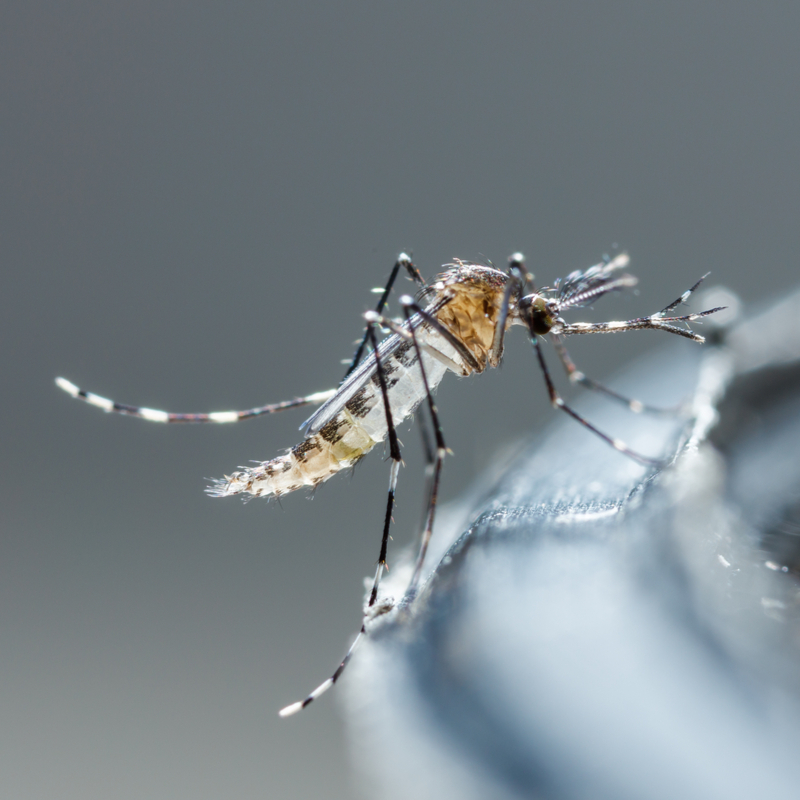
Mosquitoes also hide from winter 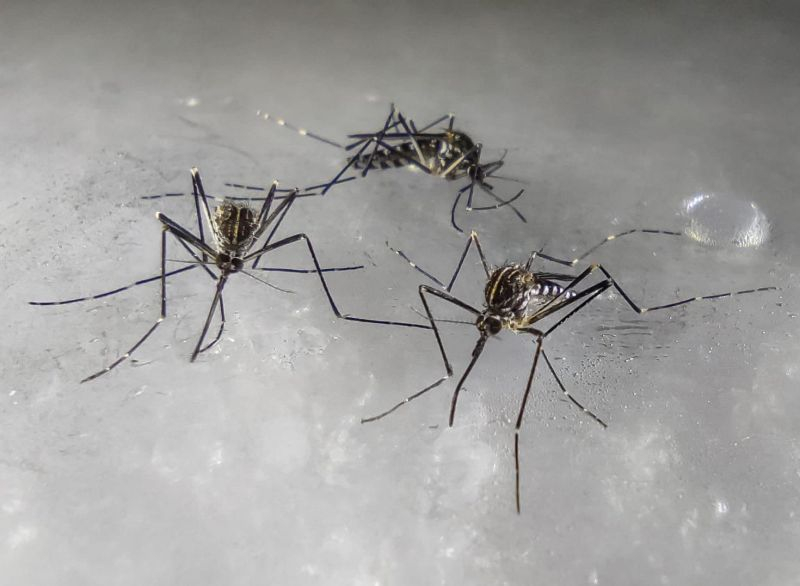
Mosquito eggs are laid in still waterMosquitoes also hide from winter -
Mosquitoes thrive mostly in moist, swampy settings like ponds and puddles. They lay their eggs in the water, and when they hatch, the eggs become larvae, also known as mosquito larvae. The mosquito larvae spend some time in the water before changing into pupae, which subsequently mature into adult mosquitoes and fly away.
Female mosquitoes can lay eggs in areas with little or a lot of water. As a result, it is common to see mosquito larvae rapidly multiplying in bathtubs, roof gutters, and even old tire covers. After a downpour, some species can even reproduce in puddles. Therefore, you must eliminate any standing water both inside and outside your home if you don't want mosquitoes to nest there.
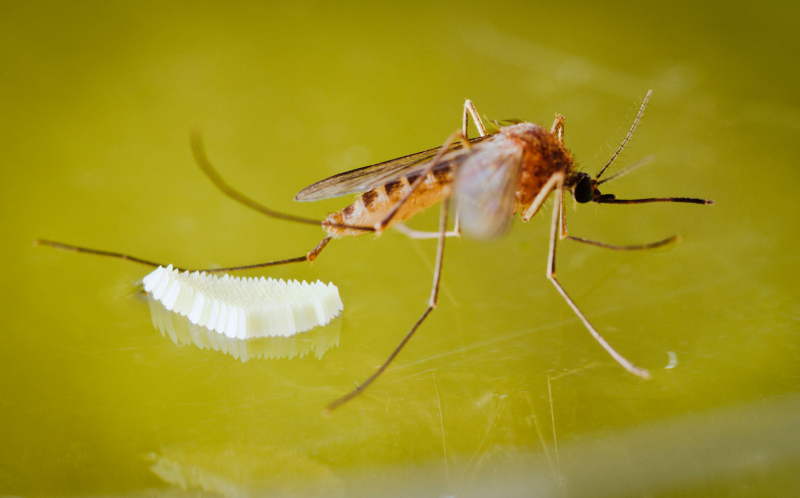
All mosquitoes breed where there is water 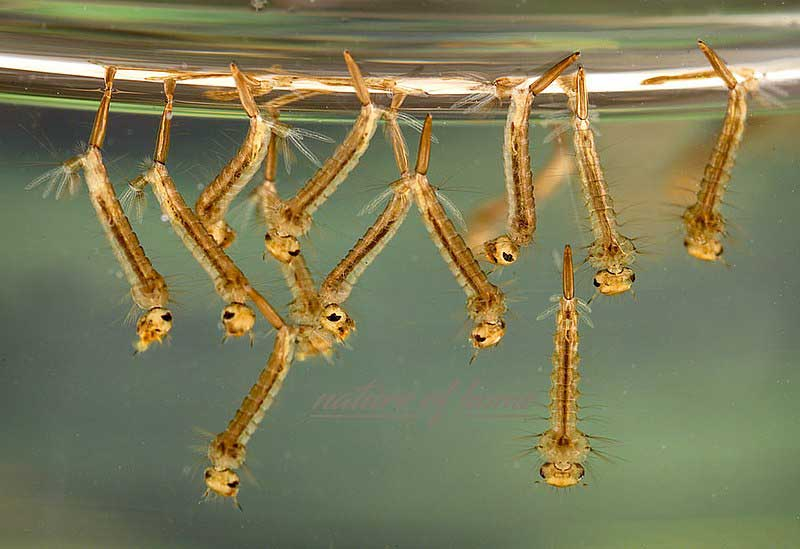
All mosquitoes breed where there is water -
There are 4 developmental phases for mosquitoes. The egg, the larva, also known as the larva, the larva, sometimes known as the larva, and the adult mosquito are the four developmental stages of the mosquito. When they are eggs or larvae, they grow up under the water but when they become adults, they are free to live anywhere they want in the environment. You can prevent them at any point, any developmental while they're alive, and eliminate them.
Female mosquitoes typically live for around two months under natural conditions, but under laboratory conditions, they can live up to three months and multiply their reproductive capacity six to eight times. 50 % of the female mosquitoes will die after they have finished reproducing. However, male mosquitoes, have a much shorter lifetime than female mosquitoes, after each mating, they can only live for 10 to 15 days and will die. This is the answer for anyone who is wondering how long the lifespan of a mosquito lasts.
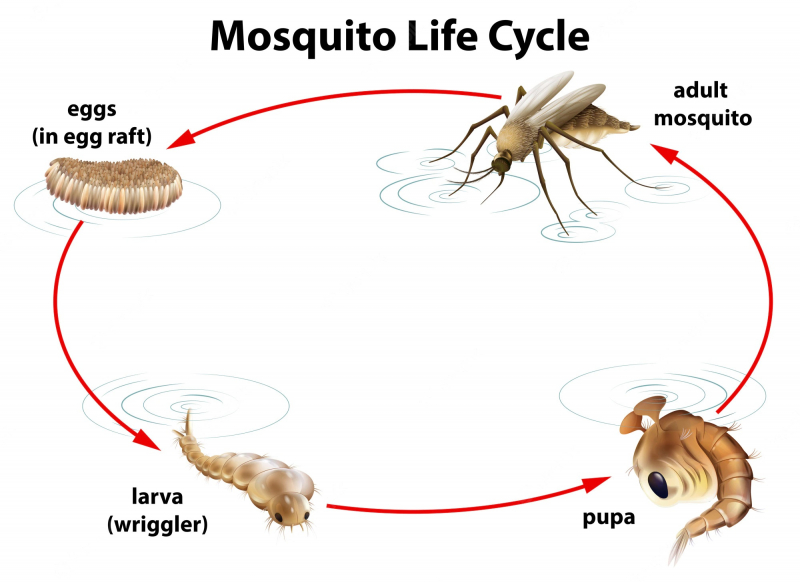
Mosquito lifetime is about 2 months 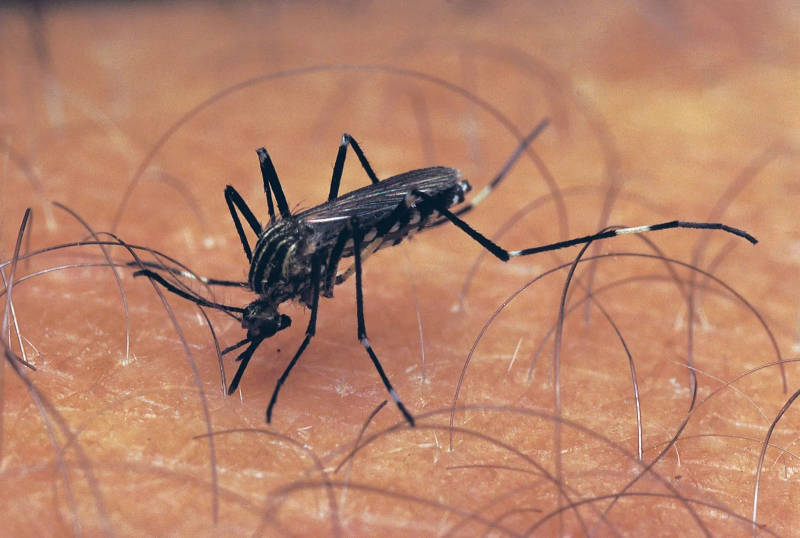
Mosquito lifetime is about 2 months -
Mosquitoes have the ability to sense CO2 at a distance of 30 m. In fact, mosquitoes buzz around your heads because that's where the body emits the most carbon dioxide. Because humans breathe CO2 through the nose and mouth, mosquitoes tend to fly around your heads. The buzzing of mosquitoes in your ears is what causes you to "slap yourselves in your sleep" more than any other cause.
It turns out that the other reason is mainly that mosquitoes love places that smell or don't smell very well. Meanwhile, the human ear is the place in contact with the external environment, so it is often dirty. Moreover, whether the ear is dry or the ear is wet, the ear always produces earwax. Because the smell of earwax is quite strong, mosquitoes love to buzz next to the ears and head area. The sound of the mosquito buzzing is also not because the mosquito knows how to "call" but that sound comes from the vibration of its wings. The frequency of vibration of the wings is very fast so why do people often hear buzzing sounds?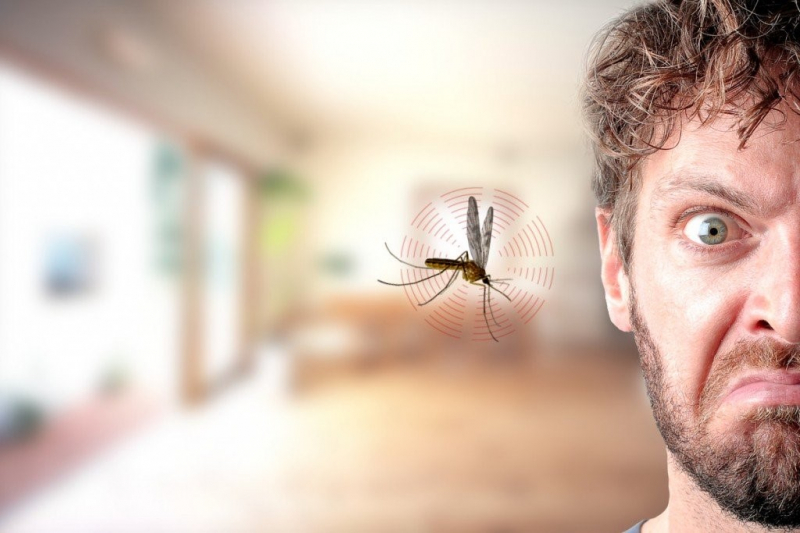
Mosquitoes love to fly around heads 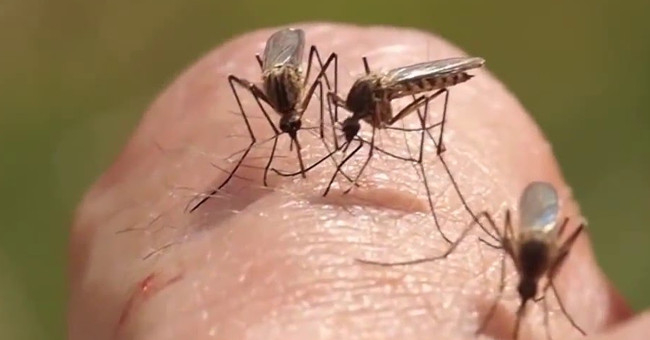
Mosquitoes love to fly around heads -
As soon as they see a mosquito, most people's reaction is to quickly "smash" it to avoid being sucked in blood or "revenge" for being sucked in blood. But few people know that it is possible that you have "slaughtered" wrongly. In fact, only female mosquitoes like to suck blood, not all mosquitoes feed on human blood "preference". There are other species of mosquitoes such as snow mosquitoes, snow mosquitoes, and midges,... that don't suck human blood but are often unjustly "slaughtered" by humans.
For example, to your normal eyes, midges look very similar to the mosquitoes that bite you every day. But in fact, Midge mosquitoes do not like to bite people and do not transmit diseases, they are completely harmless to humans. The snow mosquito is also a weak insect, they eat almost nothing or sometimes only eat the larvae of other mosquito species, they maintain life by drinking water in the snow.
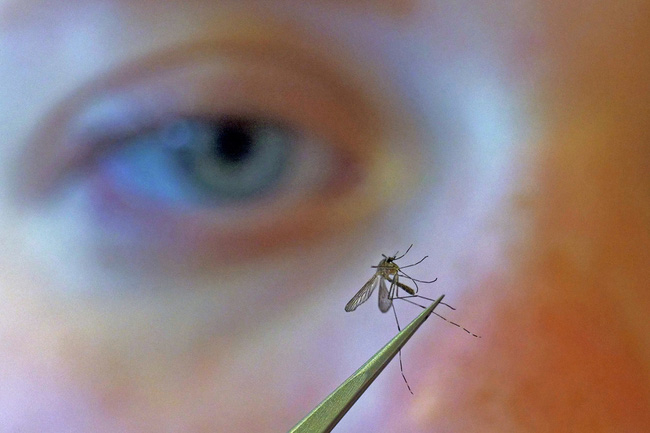
Some species of mosquitoes don't feed on human blood 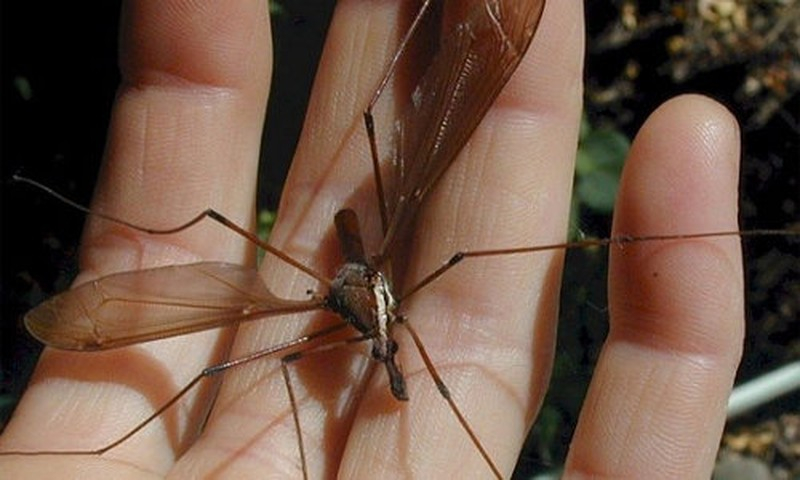
Some species of mosquitoes don't feed on human blood -
According to a 2000 study, pregnant women are more frequently targeted by mosquitoes. Many people believe that this is because blood volume often increases by 30 to 50 percent during pregnancy, but the truth is that this is simply because heat and carbon dioxide, which mosquitoes find attractive, is produced at higher rates during pregnancy. This also explains why fat people are more prone to get bitten by mosquitoes as their bodies produce more heat, more carbon dioxide when breathing, and greater surface area.
Many people merely find mosquito bites slightly bothersome, but for a small percentage of people, mosquito bites can occasionally cause severe allergic reactions and even infection. In the worst situations, pregnant women who are bitten by mosquitoes not only cause itching and discomfort, but also deadly viruses carried by mosquitoes can damage the fetus, potentially deformities, and infect other diseases. There are many ways to prevent mosquito bites during pregnancy, please apply the tips to prevent it

Pregnancy increases the risk of mosquito bites 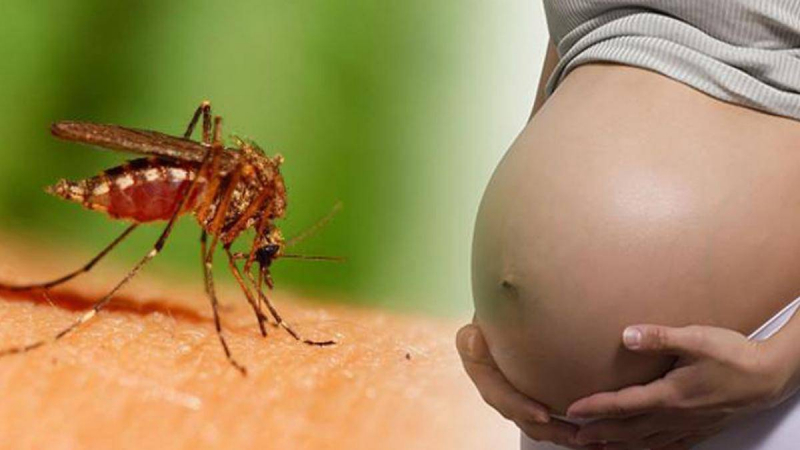
Pregnancy increases the risk of mosquito bites -
Usually, other flying species, such as fruit flies or sparrows, fly by jumping high. Once in the air, they begin to flap their wings. Mosquitoes are the exact opposite and the way mosquitoes fly is very interesting. They start flapping their wings for about 30 milliseconds before jumping up. Their wing beat speed is also extremely fast, up to 800 times per second, while most insects of the same size are only 200 times. By flapping their wings before jumping into the air, Culex mosquitoes can generate 60% of the energy needed to fly.
If you take off like other insects, ie stoop down to jump, the mosquito will put a lot of pressure on the victim's skin, easily attracting the attention of the victim. Thus, they developed this paradoxical take-off skill. They also have very long legs that can be stretched out to help disperse the necessary force for a longer time. As a result, the amount of force they exert on human skin is much less than that of insects, allowing them to successfully escape despite having to carry a full stomach and go undetected.
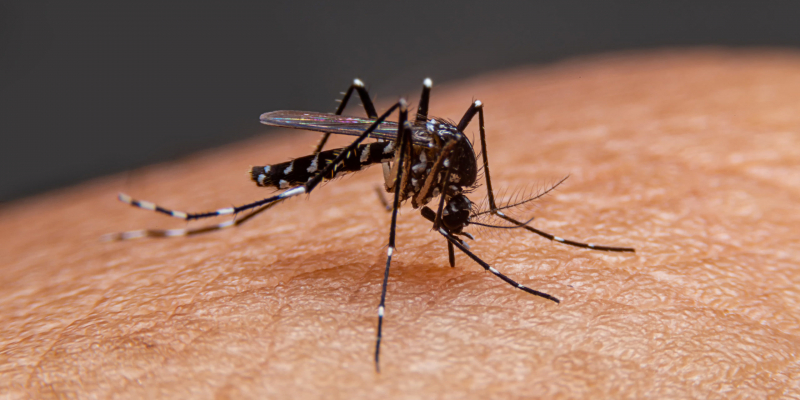
The way mosquitoes fly is very interesting 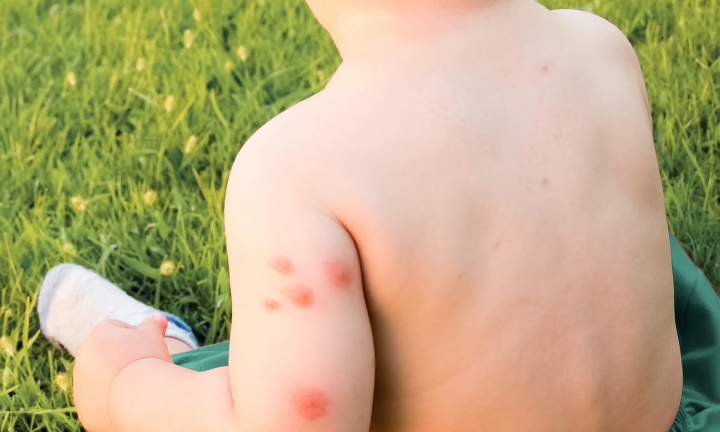
The way mosquitoes fly is very interesting














